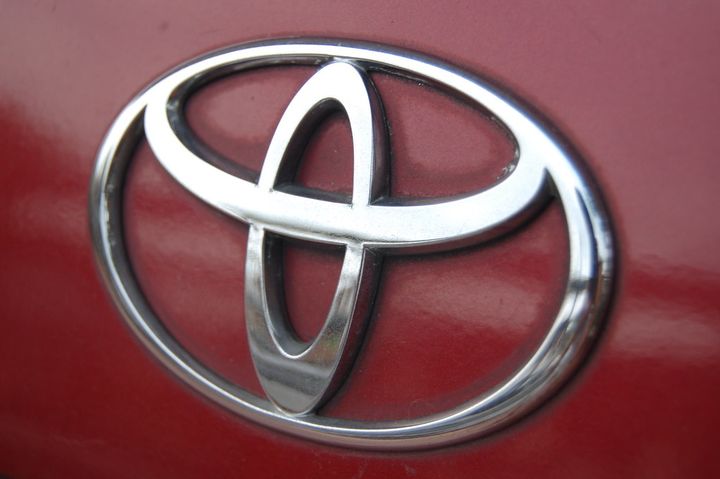Top Japanese Automakers Warn Chip Shortage Will Persist

Flickr
Toyota Motor Corp and Honda Motor Co. joined other automakers in warning that the global chip shortage will persist.
Their warnings followed Toyota posting record quarterly earnings and Honda raising its annual profit forecast.
Automakers warn of continued chip supply and parts disruptions as COVID-19 surges again across the globe.
Both Japanese automakers say they are facing production problems in China, which has reported the highest number of locally transmitted COVID-19 cases since January. A cluster of cases forced a temporary shutdown of Honda’s Wuhan plant, beginning August 3. Toyota also reportedly suspended an assembly line at its Guangzhou that it operates with its Chinese joint-venture partner Guangzhou Automobile Group Co Ltd.
Toyota also suspended production at three of its Thailand factories because of a pandemic-related parts shortage.
Amid these challenges, Toyota moved closer to its forecast to sell 8.7 million cars by the end of its Fiscal Year in March 2022. Sales in the first quarter approached 2019 levels.
When investors saw the company had not lifted its profit guidance at the investors’ meeting, Toyota shares fell by up to 2% and closed at 0.9%
Honda lowered its sales volume outlook to 4.85 million vehicles from 5 million but raised its full-year forecast after its first-quarter operating profits were double analyst expectations. Company leaders cited the COVID resurgence around the globe and the chip shortage as their reasons for lowering its sales volume outlook.
Toyota might revise its outlook for the year mid-year. Toyota saw its operating profit soar to $9.15 billion for the three months ended June 30. The automaker has fared better than its competitors through the chip crisis because of a larger stockpile of chips.
The Japanese firm benefitted from a business continuity plan developed after the Fukushima earthquake in 2011. This plan required suppliers to stockpile chips, Reuters reported in March.

